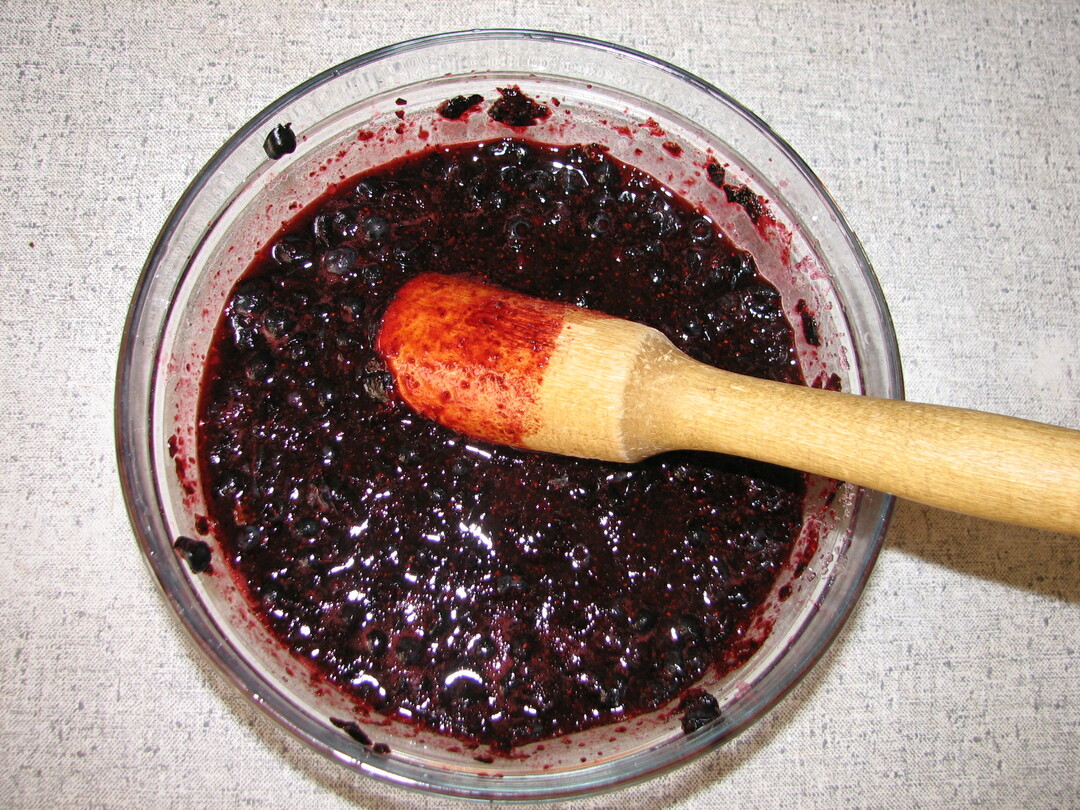D-Mannose: What It Is, The Health Benefits And Harms Where It Is Contained
Content
- What is D-Mannose?
- Health benefits
- Possible side effects
- Dosage and preparation
- Conclusion
What is D-Mannose?
D-mannose (or mannose) - type of sugar, contained in many fruits and vegetables, including cranberries, black and red currants, peaches, green beans, cabbage, and tomatoes. It is also made in the body from glucose, another form of sugar.
As a dietary supplement, D-Mannose is often recommended as a natural treatment and prevention urinary tract infections (UTI) or bladder infection (cystitis). While more research is needed, preliminary research suggests this supplement is worth investigating. Because treatment for common UTIs is long-term use of low-dose antibiotics (six months or more), non-antibiotic treatment this type of infection, which accounts for more than six million doctor visits per year, would help prevent the development of resistance to antibiotics.
Health benefits

A number of small studies have suggested that D-mannose may prevent bacteria from settling in the cells lining the urinary tract. Research published in 2008 in a foreign journal
PLoS One, have shown that D-mannose can help stop adhesion E. coli (bacteria responsible for the vast majority of UTIs) to the cells of the urinary tract.In a study published in world journal of urology in 2014, studied the use of D-mannose to prevent recurrent urinary tract infections. After one week of initial antibiotic treatment for acute UTI, 308 women with recurrent History of UTIs took D-mannose powder, antibiotic nitrofurantoin, or nothing for six months.
Over a six-month period, the recurrence rate of urinary tract infections was significantly higher in women who took nothing compared to those who took D-mannose or nitrofurantoin. Fewer side effects have been reported with the use of D-mannose compared with the antibiotic. The main side effect noted was diarrhea, which was observed in 8% of women taking D-mannose.
Read also:The benefits and unique properties of apple cider vinegar
A small pilot study of 43 women, published in 2016, found that D-mannose taken twice daily in for 3 days, then once a day for 10 days, resulted in significant improvement in symptoms, resolution of UTIs, and quality life. Those who took D-mannose for six months after treatment had a lower relapse rate than those who took nothing.
While D-Mannose is showing promising results, a review of studies published in 2015 found that D-Mannose (and others non-pharmacological agents such as cranberry juice and vitamin C) are not suitable as a complete replacement for antibiotics in the treatment of urinary tract infections ways.
Possible side effects
Common D-Mannose side effects include bloating, loose stools, and diarrhea. Since D-mannose is excreted in the urine, there is also some concern that high doses can damage or disrupt kidney function.
Because D-mannose can alter blood sugar levels, people with diabetes it is imperative to exercise caution when using D-Mannose supplements. Not enough is known about the safety of the supplement during pregnancy or breastfeeding and should be avoided. Children should also avoid taking D-Mannose.
In general, a D-mannose UTI alone or avoiding or delaying standard treatment is not recommended because it can lead to serious complications, including kidney infection (pyelonephritis) and even irreversible chronic kidney damage.
Dosage and preparation
Little is known yet about the long-term safety of D-mannose or how much the supplement might be considered harmful or toxic at. But studies have used two grams a day to prevent UTIs and three grams a day to treat cystitis.
While D-Mannose is generally considered safe as it occurs naturally in many foods way, dosages in excess of those consumed with a normal diet may create unknown problems for health.
Read also:PP diet - follow the right diet for weight loss
Conclusion
It is important to remember that the food supplement has not been tested for safety and is largely not regulated. When buying a nutritional supplement, look for products that are certified by ConsumerLabs, The U.S. Pharmacopeial Convention or NSF International. These organizations do not guarantee the safety or efficacy of the product, but indicate that it has been tested for quality.
If you are still considering trying D-Mannose for urinary tract infection (or considering it in preventive purposes or just as a supplement), first talk to your doctor to weigh the pros and cons and decide if you need whether she is to you.



